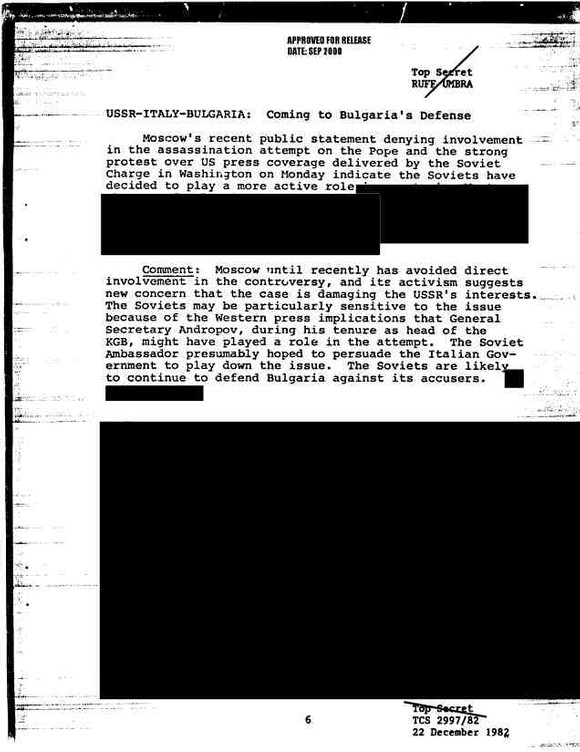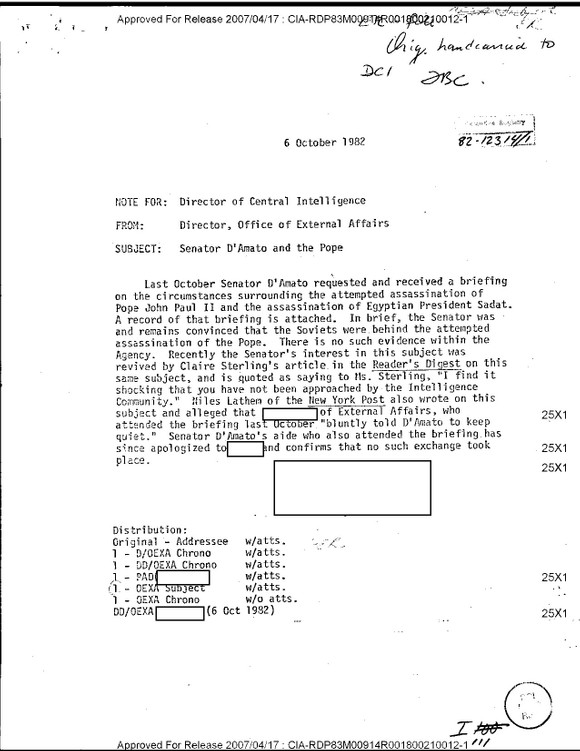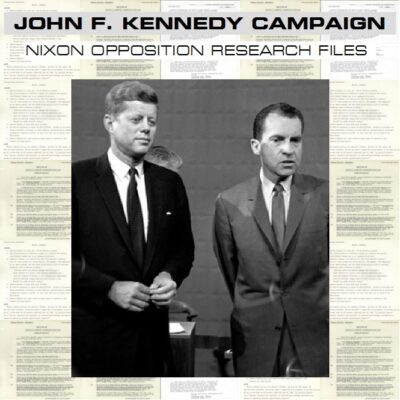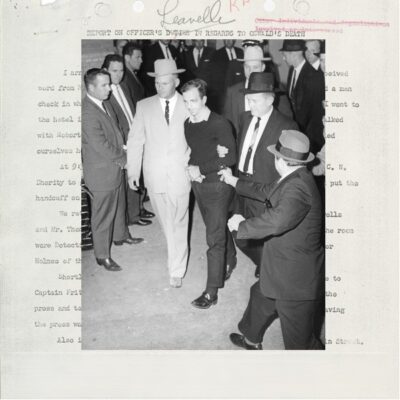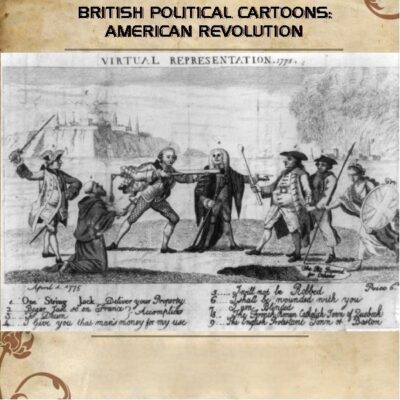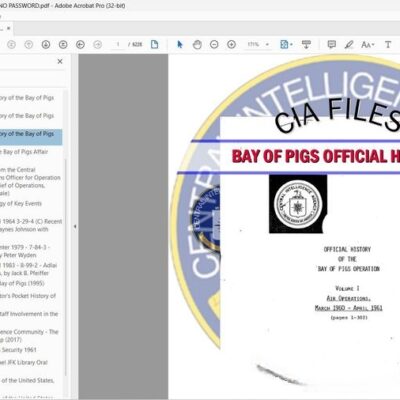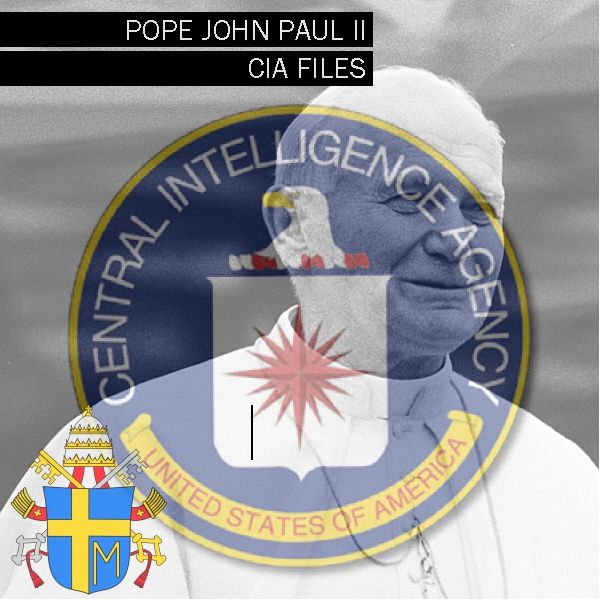
Description
John Paul II, Poland, and the Cold War
Timeline of Main Events
- May 18, 1920: Karol Wojtyla (future Pope John Paul II) is born.
- 1978: Karol Wojtyla is elected Pope, taking the name John Paul II. He is the first non-Italian Pope since the 1400s and the youngest Pope of the 20th century.
- June 2, 1979: Pope John Paul II returns to Poland and holds mass in Warsaw’s Victory Square before an estimated one million people. He calls for religious freedom, delivering the central message, “Don’t be afraid.”
- 1980: Workers in Gdansk, Poland go on strike. Pope John Paul II supports the strike and instructs Polish Primate Wyszynski to do the same. This movement becomes known as Solidarity and marks the beginning of a significant struggle against communist rule and Soviet influence in Poland.
- 1981: The actions of the Solidarity movement lead the Polish government to declare martial law. Pope John Paul II publicly denounces this action through radio broadcasts.
- 1981 (Ongoing): Messages from Pope John Paul II are reportedly smuggled to jailed Polish union leaders, potentially concealed in the robes of priests.
- May 13, 1981: Pope John Paul II is shot by Turkish fugitive Mehmet Ali Agca in St. Peter’s Square.
- Post-May 13, 1981: Agca initially claims he was acting on behalf of the Bulgarian intelligence service, leading Italian investigators to explore the possibility of a conspiracy involving the Soviet Union instructing Bulgaria to hire Agca.
- 1982: Father Jerzy Popieluszko, a Polish priest who publicly opposes the communist regime and participates in sit-ins, receives encouragement from Pope John Paul II.
- Sometime after 1982: Father Jerzy Popieluszko is murdered by Polish Communist officials due to his strong stance against the regime. This event is sparked by the Solidarity movement.
- Late 1980s (Implied): The events spurred by Solidarity eventually lead to Poland becoming the first Eastern Bloc country with a freely elected government.
- 2000: Italian President Carlo Azeglio Ciampi pardons Mehmet Ali Agca. Pope John Paul II, who had met with Agca shortly after the shooting, supports this act of clemency. Agca is then returned to Turkey.
- Post-2000 (in Turkey): Agca’s death sentence in Turkey for the murder of Abdi Ipekci (issued in absentia) is commuted to a 10-year prison sentence.
- May 2002: During a visit to Bulgaria, Pope John Paul II tells Bulgarian President Georgi Parvanov that he never believed the allegations of a Bulgarian conspiracy in the 1981 assassination attempt.
- 1978 – 2008: The CIA documents relating to Pope John Paul II, which form the basis of this source, date from this period.
Cast of Characters
- Pope John Paul II (Karol Wojtyla): Born in Poland on May 18, 1920. Elected Pope in 1978, the first non-Italian Pope in centuries and the youngest of the 20th century. Played a significant role in supporting the Solidarity movement in Poland and was the target of an assassination attempt in 1981. He later expressed forgiveness towards his attacker and stated he did not believe in a Bulgarian conspiracy.
- Stefan Wyszyński: The Polish Primate. In 1980, Pope John Paul II instructed him to support the striking workers in Gdansk, who formed the Solidarity movement.
- Solidarity: A Polish independent trade union that emerged from the worker strikes in Gdansk in 1980. It became a powerful force against communist rule and Soviet influence in Poland, eventually contributing to the fall of the Eastern Bloc.
- Mehmet Ali Agca: A Turkish fugitive and member of the right-wing group the Grey Wolves. He shot and wounded Pope John Paul II in St. Peter’s Square on May 13, 1981. He initially claimed to be acting for the Bulgarian intelligence service. He was convicted for the shooting but later pardoned by the Italian President at the Pope’s urging.
- Abdi Ipekci: A left-wing writer in Turkey who was murdered. Mehmet Ali Agca was convicted in absentia for this murder and was imprisoned in Turkey before escaping and later shooting Pope John Paul II.
- Father Jerzy Popieluszko: A Polish priest who took a strong public stand against the Polish communist regime in the 1980s. He received encouragement from Pope John Paul II. His activism, including participation in sit-ins, led to his murder by Polish Communist officials.
- Carlo Azeglio Ciampi: The Italian President who issued a pardon to Mehmet Ali Agca in 2000.
- Georgi Parvanov: The President of Bulgaria in 2002. During Pope John Paul II’s visit to Bulgaria, the Pope told him that he never believed the allegations of a Bulgarian conspiracy in the 1981 assassination attempt.
- The Grey Wolves: A right-wing Turkish group that Mehmet Ali Agca was a member of.
- Bulgarian Intelligence Service: The intelligence agency of Bulgaria during the communist era. Agca initially claimed he was acting on their behalf in the assassination attempt on Pope John Paul II, leading to investigations into a potential conspiracy involving the Soviet Union.
- Soviet Union: The dominant communist power in Eastern Europe during the Cold War. The CIA files reportedly cover their influence on Poland and the allegations of their involvement in the assassination attempt on Pope John Paul II through the Bulgarian secret police.
- CIA (Central Intelligence Agency): The United States’ foreign intelligence service. The provided source describes a collection of CIA files related to Pope John Paul II, covering his impact on Poland, the Solidarity movement, and the Soviet Union, as well as the investigation into the 1981 assassination attempt.
- Members of Congress (US): The source mentions correspondence between the CIA and members of Congress, indicating their interest in the investigation of potential Soviet involvement in the assassination attempt on Pope John Paul II.
Pope John Paul II CIA Files
980 pages from documents obtained from the CIA relating to Pope John Paul II (Karol Wojtyla). The material chiefly covers the impact of a Polish Pope and the Vatican on Poland; the Solidarity movement; and the Soviet Union. Also, among the documents are briefs and a analysis of the allegations of a Bulgarian conspiracy, in the 1981 assassination attempt on Pope John Paul II. By the Agency. Correspondence with members of Congress show their interest in having allegations of Soviet involvement in the assassination attempt on the Pope probed The files date from 1978 to 2008.
Karol Wojtyla, born on May 18, 1920, became Pope in 1978, taking the name John Paul II. He was the first non-Italian elected Pope since the 1400’s. At the age of 58, he was the youngest Pope of the 20th century. On June 2, 1979, Pope John Paul II returned to Poland. Despite Polish laws against religious worship and public gatherings, the Pope held mass in front of one million people in Warsaw’s Victory Square, calling for religious freedom. His central message to the crowd was “Don’t be afraid.”
In 1980, workers in Gdansk, Poland went on strike. The Pope supported the strike and instructed Polish Primate Wyszynski to do the same. This worker’s movement became known as Solidarity and launched the Polish struggle against communist rule and Soviet influence. In 1981, the actions of the workers lead to the Polish government declaring martial law. Pope John Paul II publicly denounced the move in his radio broadcasts. It is believed that messages from Pope John Paul II to jailed Polish union leaders, were smuggled in the robes of priests. When in 1982 a priest, Father Jerzy Popieluszko, took a strong public stand against the Polish regime, he received encouragement from the Pope. Popieluszko’s actions, such as participating in sit-ins, lead to Polish Communist officials having him murdered. The events sparked by Solidarity lead to Poland becoming the Eastern Bloc’s first freely elected government.
On May 13, 1981, Pope John Paul II was shot while riding through St. Peter’s Square, by a Turkish fugitive named Mehmet Ali Agca. Agca, a member of the right-wing Turkish group the Grey Wolves, had escaped from a Turkish prison where he was being held for the murder of a left-wing writer, Abdi Ipekci. Agca had previously sent letters threatening the life of the Pope. Agca first told the authorities that he was acting for the Bulgarian intelligence service. Italian investigators pursued the allegation, that the attempt on the Pope’s life was a conspiracy. Their belief was that the Soviet Union, instructed the Bulgarian secret police, to hire Agca to assassinate Pope John Paul II. Trials succeeding the conviction of Agca of alleged co-conspirators failed to gain convictions
In 2000, Italian President Carlo Azeglio Ciampi issued a pardon to Agca. Pope John Paul II, who meet with Agca three days after being shot, was in favor of clemency for Agca. Agca was returned to Turkey, where his death sentence for the murder of Ipekci , which was handed down in absentia, was commuted to 10-years of imprisonment. During a May 2002 visit to Bulgaria, Pope John Paul II told Bulgarian President Georgi Parvanov that he never believed allegations that there was a Bulgarian conspiracy.

